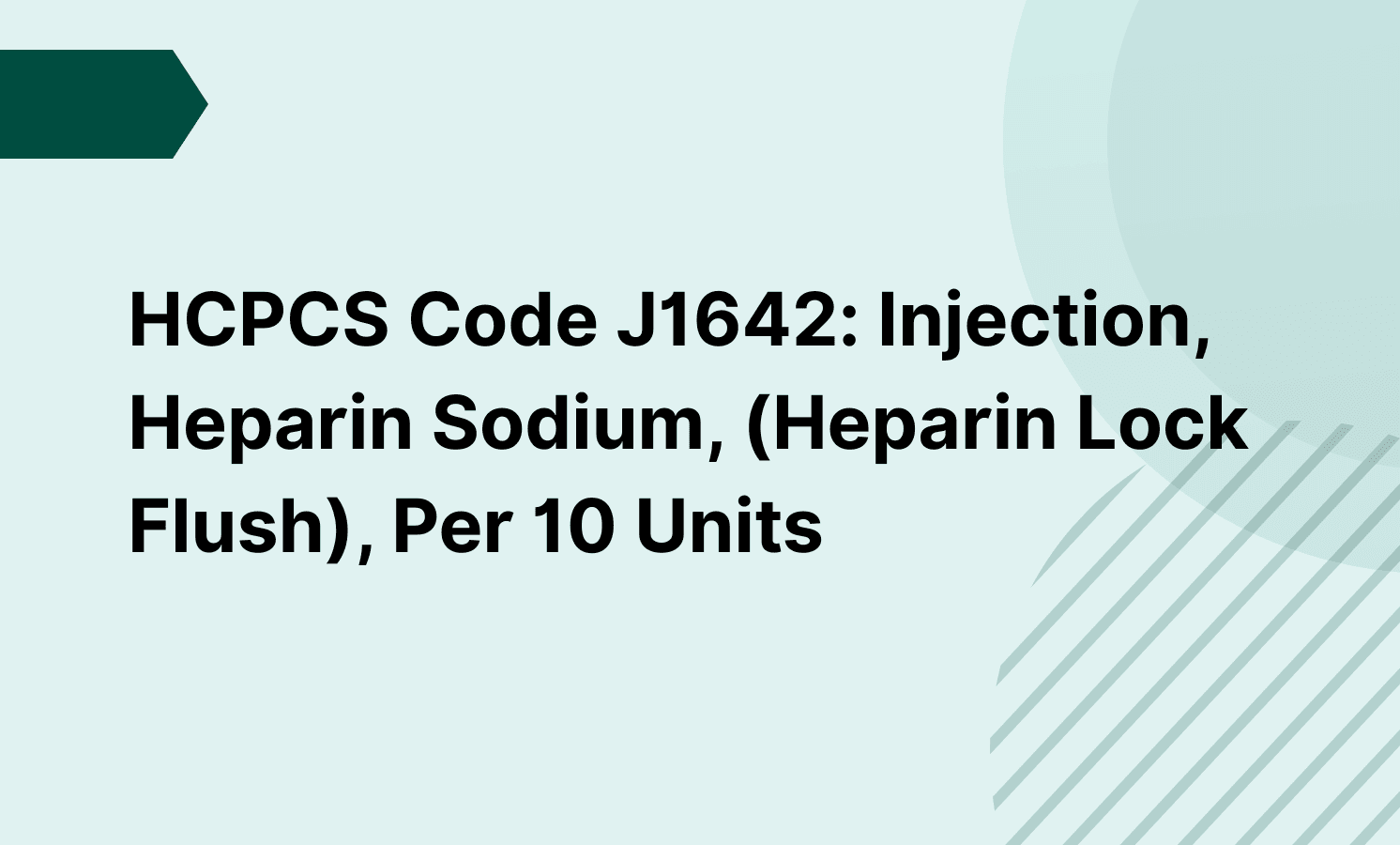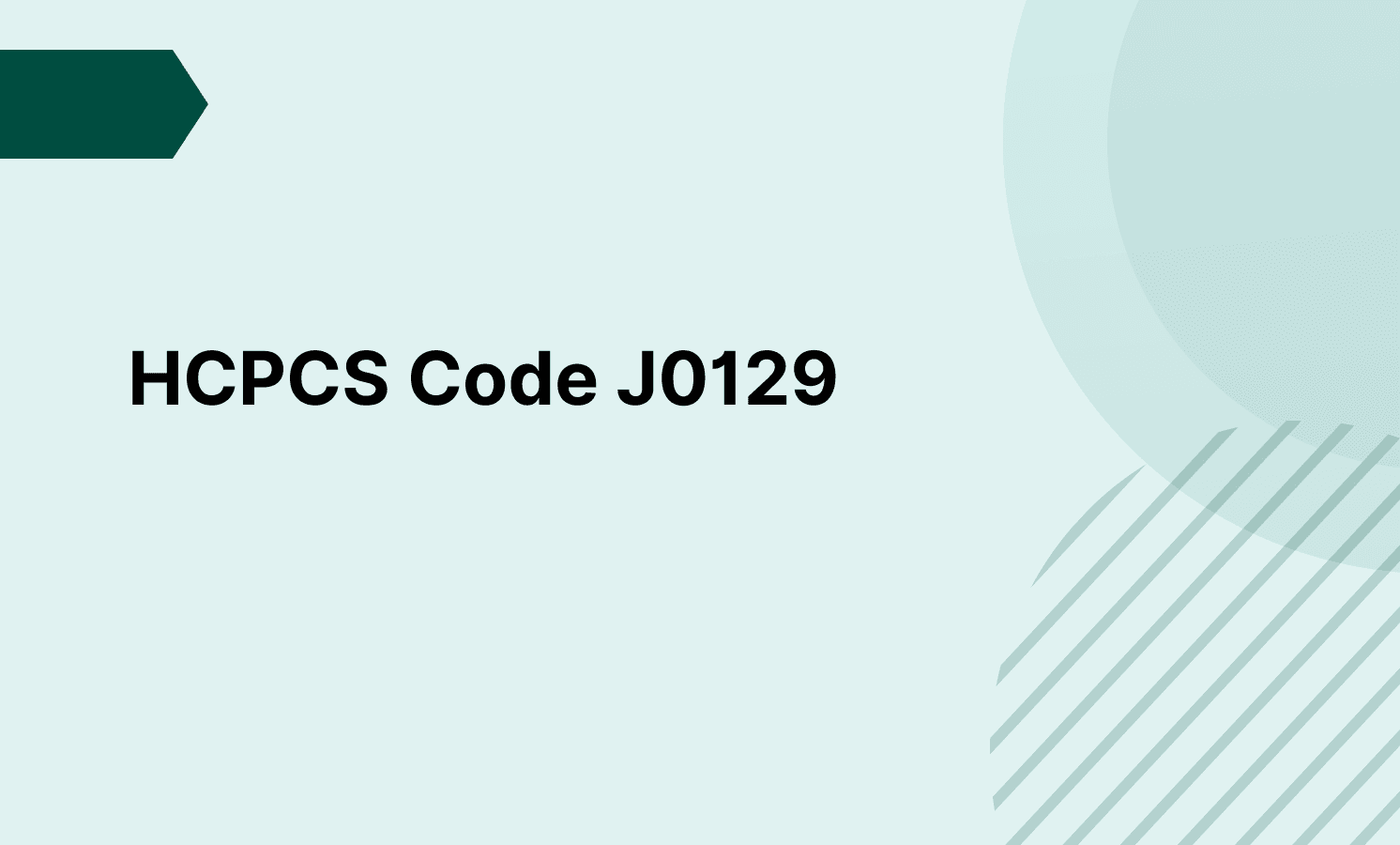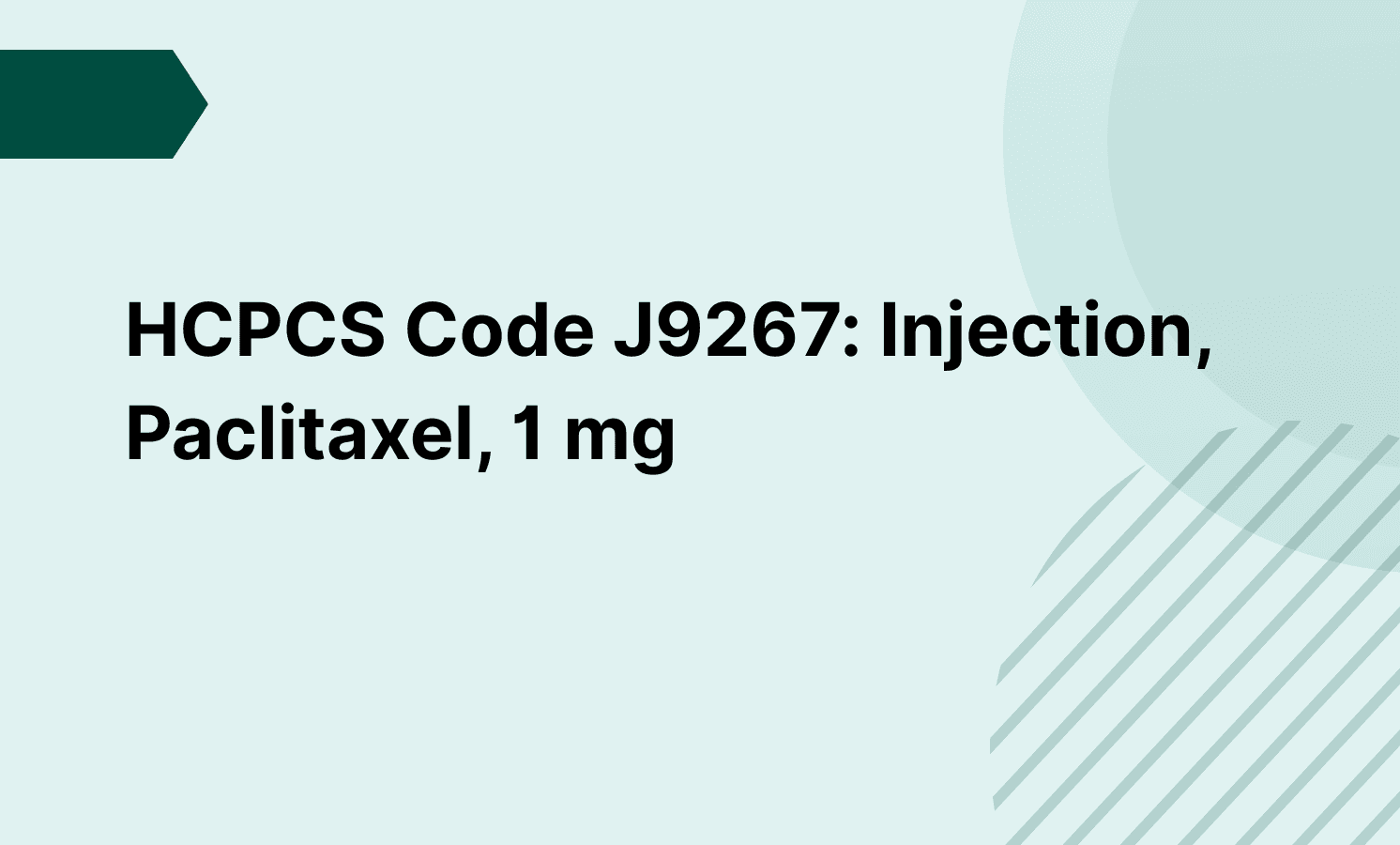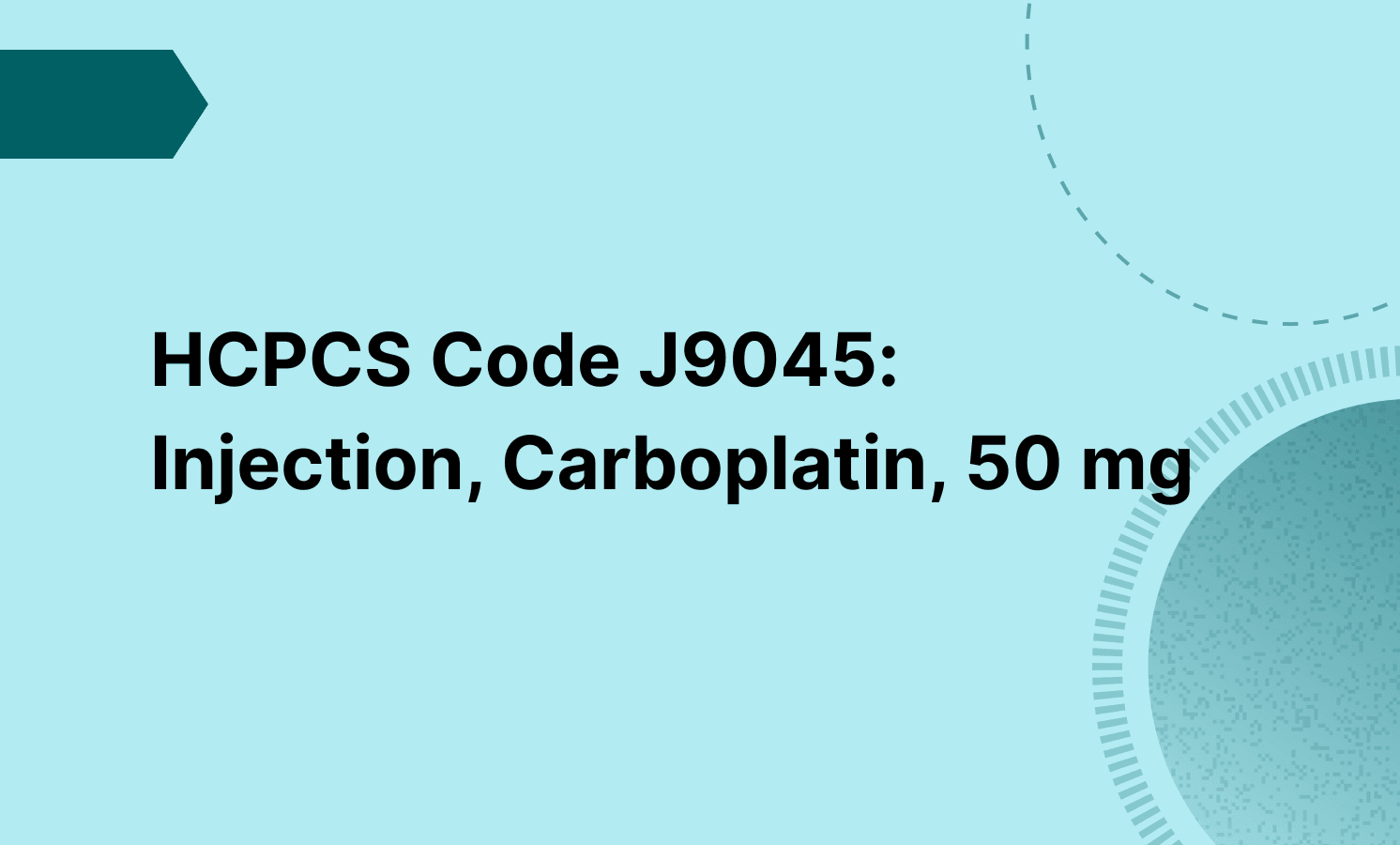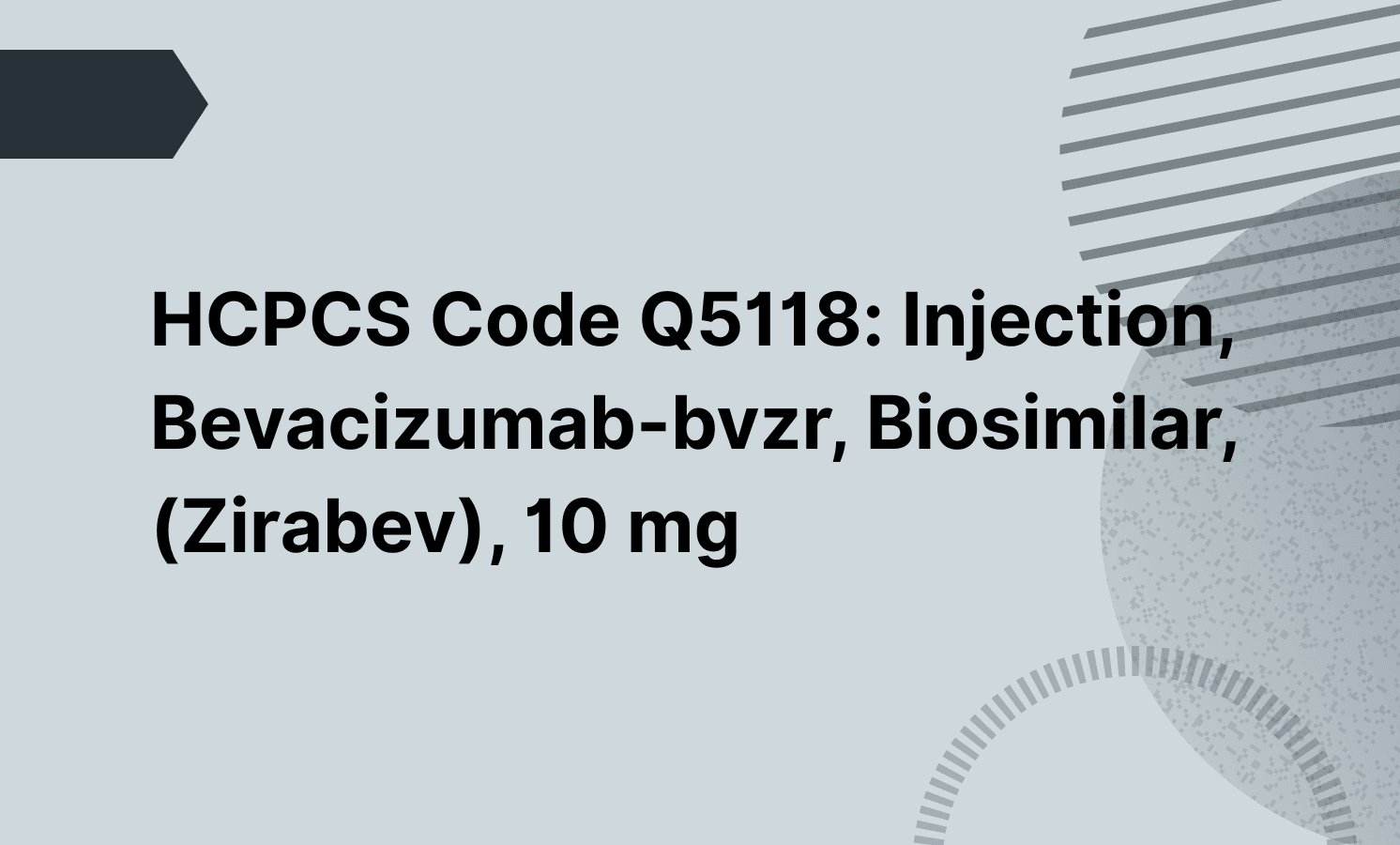Brow ptosis refers to the drooping of the eyebrow, while blepharoptosis involves the upper eyelid margin sagging over the eye.
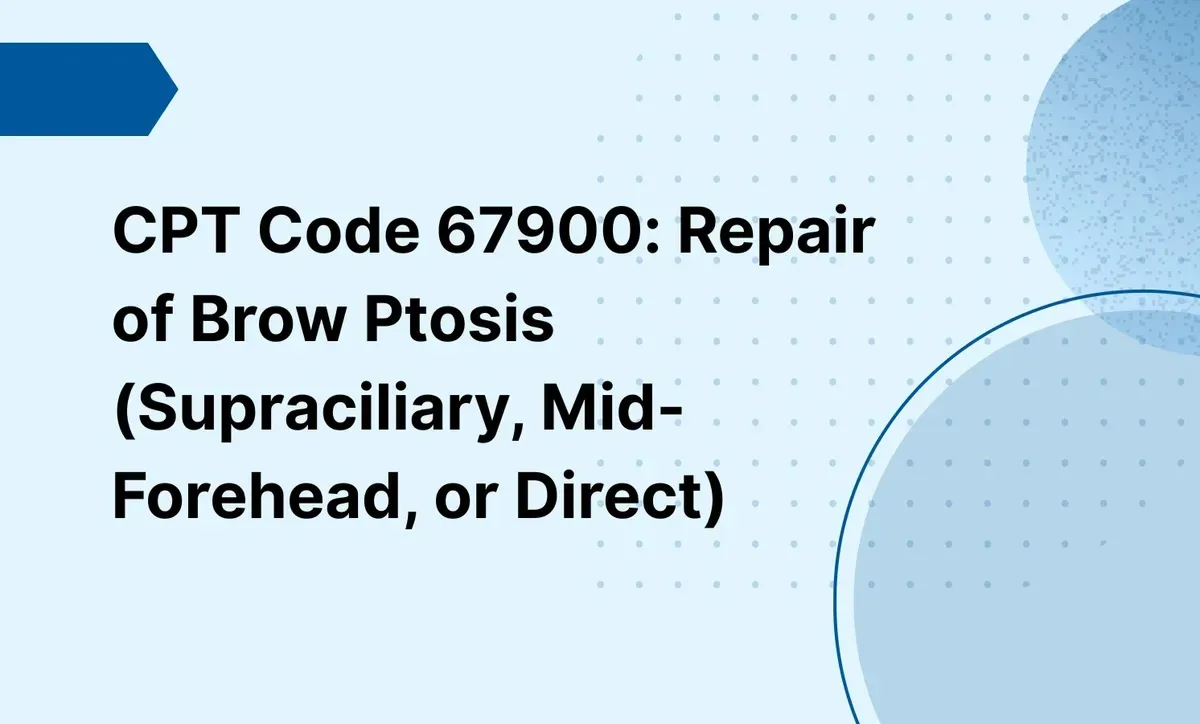
CPT Code 67900: Repair of Brow Ptosis (Supraciliary, Mid-Forehead, or Direct)
Learn when CPT code 67900 applies to brow ptosis repair and how to support medical necessity with proper documentation.
Use Code
Frequently asked questions
Yes, it can be billed bilaterally using modifier -50, or RT/LT modifiers as required by the specific payer.
Yes. Most payers require documented visual field loss to support medical necessity for brow ptosis repair.
EHR and practice management software
Get started for free
*No credit card required
Free
$0/usd
Unlimited clients
Telehealth
1GB of storage
Client portal text
Automated billing and online payments

